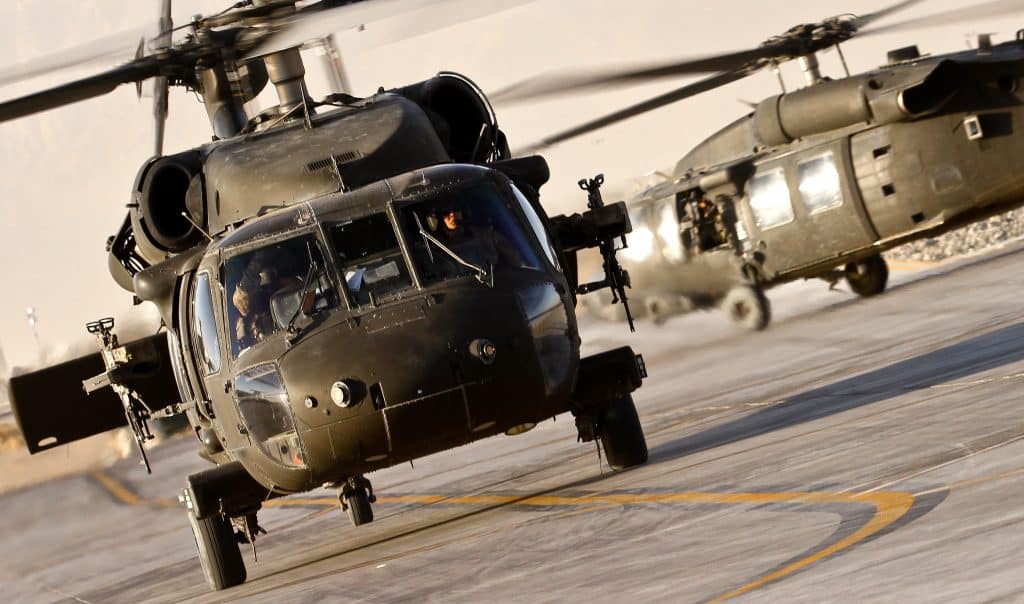I received an email a couple of days ago from a friend who is working diligently to help Afghan refugees. My friend is a peace activist who often visited people in Kabul before the Taliban overran the country again. She knows many young Afghans, especially young women, and she has been trying to get them to places where they can live in safety. There are so many Afghans that have fled from their native land, and my friend’s efforts are sometimes futile. Yet, she keeps looking for new homes for the people she knows and loves. She doesn’t give up.
My friend hooked me up with a young Afghan family in the fall of 2021. She thought that I could help them in some way. If nothing else, I could let them know that they were not forgotten. A husband, his wife, and their infant son were stuck in Pakistan. Both parents had been working with Americans, and so they were targets of Taliban retribution. They wanted to come to the United States, but that was not possible. Eventually, they we accepted into a small European country. They were three of the eight refugees that this country allowed to immigrate there.
One reason that my friend connected me with this particular family was that the husband had been trained as a helicopter pilot. He had gone to flight school in UAE and had flown missions for about five years with the Afghan Air Force. My friend reasoned that this man’s profession would appeal to me, since many years ago I flew helicopters in the U.S. Army. We also had a connection in that he is caring for a small child, and I am currently doing the same thing.

The recent email from my peace activist friend concerned this man’s attempt to use his flight skills in his new homeland. He wants to be a pilot again. The problem is that he doesn’t have the qualifications required by the government of this European country. He needs to go back to flight school, at the cost of 70,000 Euros, to get up to speed. That is a daunting prospect. Even if he can find the time and money to become qualified as a rotary wrong pilot in his new home, then what?
My friend attached a letter sent to her by somebody she knows who is assisting this Afghan with his efforts to fly again. Part of the letter is the man’s resume. I looked at it, and one thing jumped out at me.
This Afghan pilot has only 700 hours of flight time.
When I got out of the Army in 1986, I had 800 hours. That may seem like a lot, but it’s not. I didn’t even try to find work as a helicopter pilot because I knew that I did not have the flight experience to compete with other vets. A warrant officer pilot who retires from the military might have thousands of flight hours. When I left the Army, there were still probably hundreds of Vietnam vintage pilots working in the civilian market. They had jobs. They could get hired. I couldn’t.

I wound up going into the trucking industry, an environment that was completely alien to me. I stayed in that field for twenty-eight years. It wasn’t what I wanted to do. It wasn’t what my previous experience prepared me for. I had to try something new and scary because I had to care for my wife who was pregnant with our first child. I had to go way out of my comfort zone to survive.
This young Afghan pilot has his heart set on flying again. I understand that. I miss flying. I haven’t flown since 1986, and I probably never will again. He may have to think outside of the box. He’s a smart man. He knows two languages, and he is rapidly learning his third. He is in the same situation that I was thirty-seven years ago. He has to provide for his family, and he needs to find a new career soon. He has a gun to his head.
I don’t have all the facts. I don’t know what the job market is like in his new country. Generally, rotary-wing pilot jobs are much scarcer than positions for fixed-wing pilots. Maybe It’s different where he is. Maybe things have changed radically since I was desperately searching for work in the 1980s. I don’t know.
This guy is a vet, so he has all the obstacles that any veteran of any army has when looking for his or her first civilian job. The HR people he meets probably won’t understand what he did in the military. Corporate management won’t necessarily care that he was in the army. They won’t care that he is a refugee. The people who do the hiring will only have one question for him:
“Can you make us money?”
This guy and his family have already been through the wringer. They are living in a new country, with a new language, and with new customs. They have left nearly everything from their old lives behind.
More than likely, this man will wind up in a new line of work. Being a pilot is another thing that he may have to leave behind.

________________________
Frank (Francis) Pauc is a graduate of West Point, Class of 1980. He completed the Military Intelligence Basic Course at Fort Huachuca and then went to Flight School at Fort Rucker. Frank was stationed with the 3rd Armor Division in West Germany at Fliegerhorst Airfield from December 1981 to January 1985. He flew Hueys and Black Hawks and was next assigned to the 7th Infantry Division at Fort Ord, CA. He got the hell out of the Army in August 1986.
As the Voice of the Veteran Community, The Havok Journal seeks to publish a variety of perspectives on a number of sensitive subjects. Unless specifically noted otherwise, nothing we publish is an official point of view of The Havok Journal or any part of the U.S. government.
Buy Me A Coffee
The Havok Journal seeks to serve as a voice of the Veteran and First Responder communities through a focus on current affairs and articles of interest to the public in general, and the veteran community in particular. We strive to offer timely, current, and informative content, with the occasional piece focused on entertainment. We are continually expanding and striving to improve the readers’ experience.
© 2024 The Havok Journal
The Havok Journal welcomes re-posting of our original content as long as it is done in compliance with our Terms of Use.



